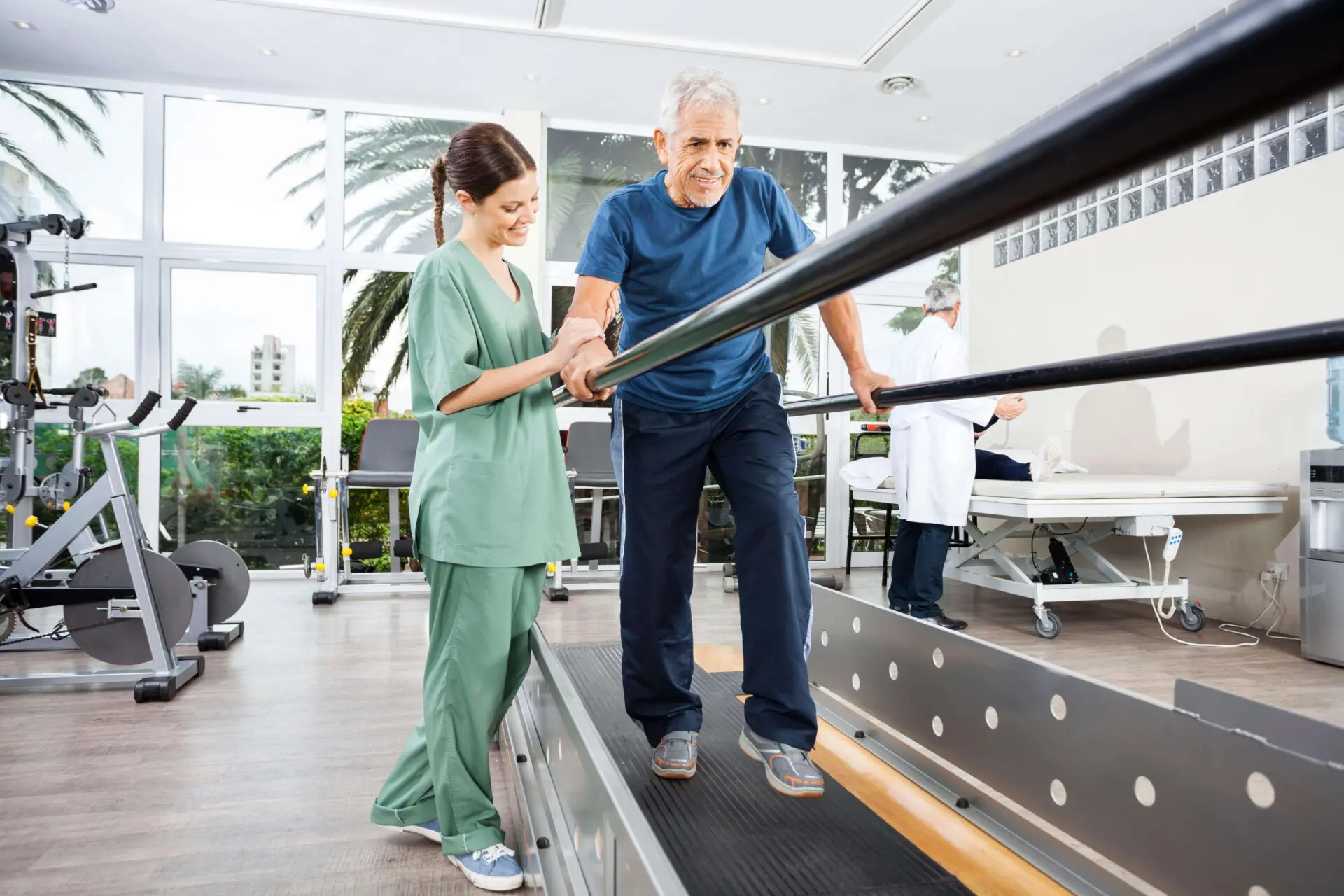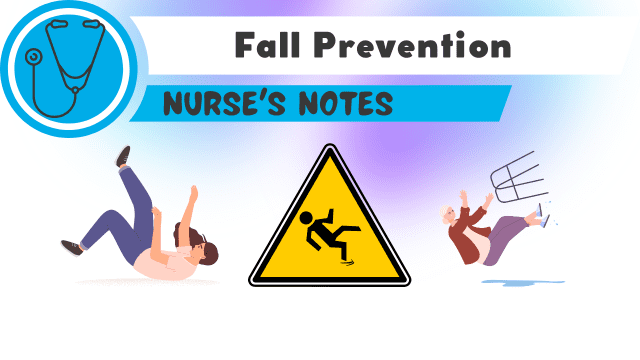What Does Dementia Fall Risk Mean?
What Does Dementia Fall Risk Mean?
Blog Article
Dementia Fall Risk Can Be Fun For Anyone
Table of ContentsThe Main Principles Of Dementia Fall Risk An Unbiased View of Dementia Fall RiskDementia Fall Risk Fundamentals ExplainedAn Unbiased View of Dementia Fall RiskThe Facts About Dementia Fall Risk Revealed
The FRAT has three areas: drop danger status, risk factor checklist, and activity strategy. An Autumn Risk Status includes information concerning history of recent drops, medicines, mental and cognitive status of the person - Dementia Fall Risk.If the client scores on a threat aspect, the matching number of factors are counted to the individual's autumn risk rating in the box to the far. If a patient's loss danger score totals 5 or higher, the individual is at high threat for drops. If the patient ratings only 4 factors or reduced, they are still at some risk of dropping, and the nurse must use their best professional evaluation to take care of all autumn threat aspects as component of a holistic treatment plan.
These basic approaches, in general, aid establish a secure environment that minimizes unexpected falls and delineates core preventive procedures for all individuals. Indicators are important for individuals at risk for drops.
The Definitive Guide to Dementia Fall Risk
Wristbands should consist of the person's last and first name, day of birth, and NHS number in the UK. Just red color must be used to signal unique client condition.
Things that are too far may call for the person to get to out or ambulate unnecessarily and can possibly be a hazard or add to falls. Assists stop the individual from going out of bed without any assistance. Nurses react to fallers' call lights faster than they do to lights initiated by non-fallers.
Aesthetic problems can substantially create drops. Keeping the beds closer to the flooring reduces the danger of drops and significant injury. Putting the bed mattress on the floor substantially reduces autumn danger in some healthcare settings.
The Only Guide for Dementia Fall Risk
People that are tall and with weak leg muscle mass that try to remain on the bed from a standing position are most likely to drop onto the bed because it's as well reduced for them to reduce themselves safely. If a tall client attempts to get up from a low bed without assistance, the person is likely to fall back down onto the bed or miss the bed and fall onto the flooring.
They're created to advertise prompt anonymous rescue, not to avoid falls from bed. Aside from bed alarm systems, enhanced guidance for high-risk patients also may assist stop drops.

Clients with an evasion stride boost loss possibilities substantially. To reduce loss threat, footwear ought to be with a little to no heel, thin soles with slip-resistant tread, and sustain the ankles. Advise individual to make use of nonskid socks to avoid the feet from gliding upon standing. Nevertheless, encourage individuals to wear proper, well-fitting shoesnot nonskid socks for ambulation.
Little Known Facts About Dementia Fall Risk.
Patients, especially older grownups, have lowered aesthetic ability. Lighting an unknown setting helps raise exposure if the patient must rise in the evening. In a research study, homes with ample illumination record less drops (Ramulu et al., 2021). Enhancement in lights in the house may decrease fall prices in older adults (Dementia Fall Risk). Making use of gait belts by all healthcare carriers can promote safety when helping patients with transfers from bed to chair.

Caretakers are effective for assuring a secure, safeguarded, and safe setting. Researches showed extremely low-certainty proof that sitters minimize loss risk in acute treatment hospitals and only moderate-certainty that choices like video tracking can minimize sitter use without enhancing autumn risk, suggesting that sitters are not as useful as initially thought (Greely et al., 2020).
How Dementia Fall Risk can Save You Time, Stress, and Money.

Enhanced physical fitness reduces the danger for drops and limits injury that is received when fall transpires. Land and water-based workout programs might be likewise useful on equilibrium and stride and thereby minimize the risk for falls. Water exercise may add a favorable advantage on equilibrium and gait for ladies 65 years and older.
Chair Surge Workout is a simple sit-to-stand exercise that aids strengthen the muscle mass in the upper legs and buttocks and boosts movement and independence. The goal is to do Chair Increase exercises without utilizing hands as the client ends up being more powerful. See sources section for a comprehensive direction on exactly how to execute Chair Rise exercise.
Report this page